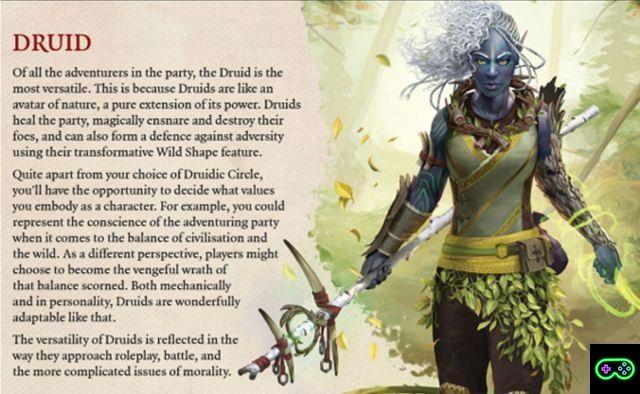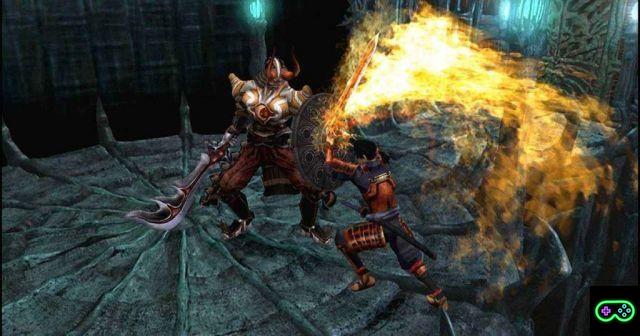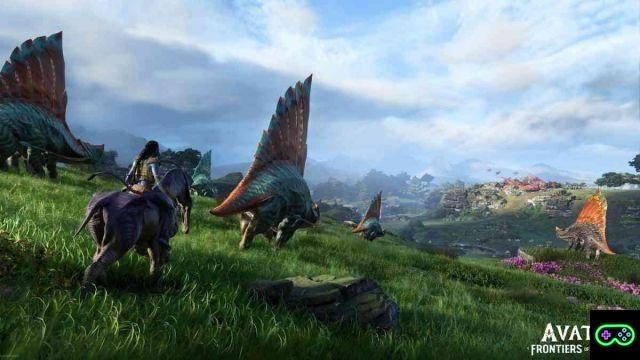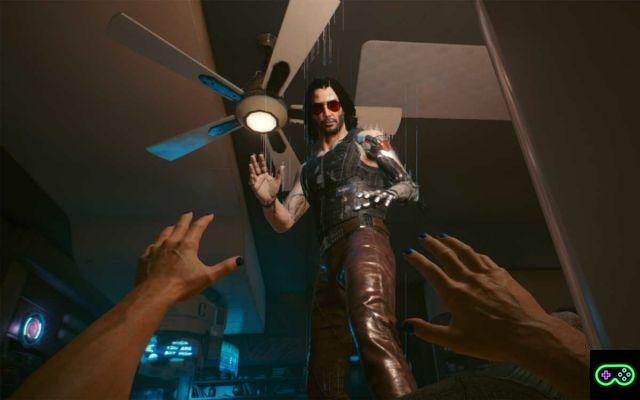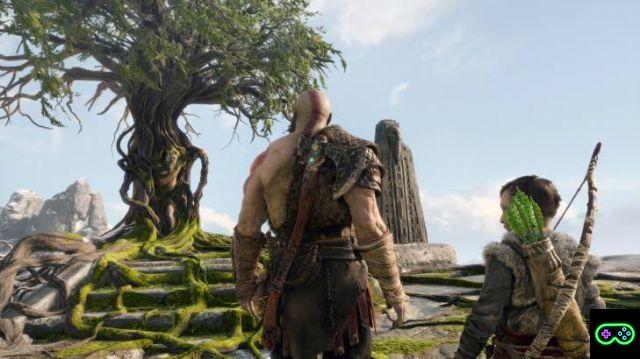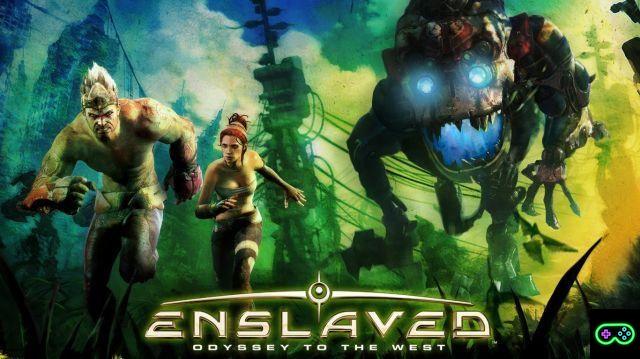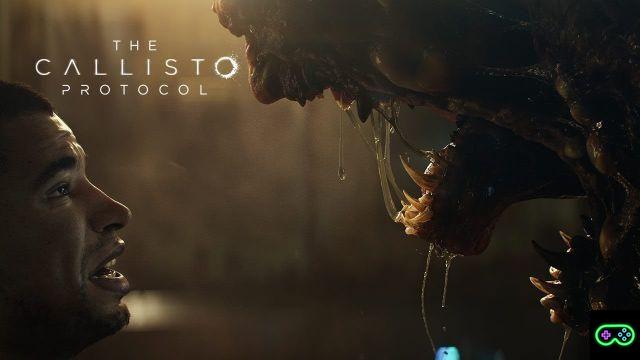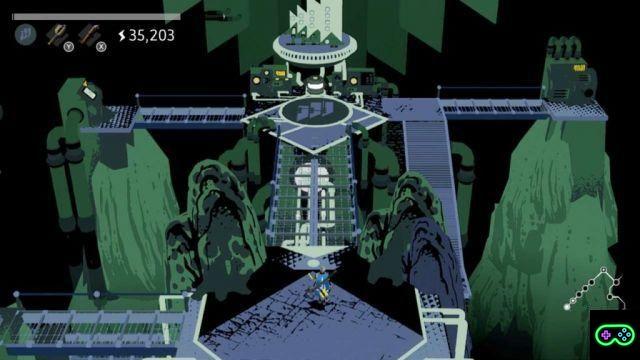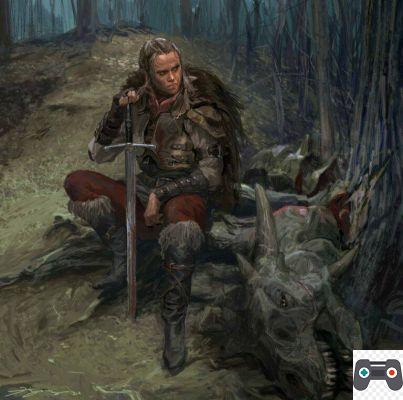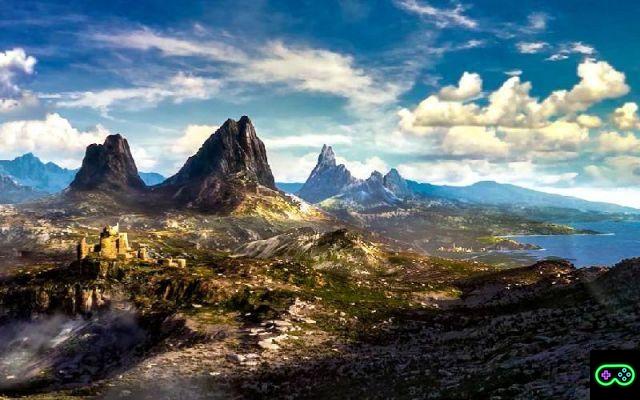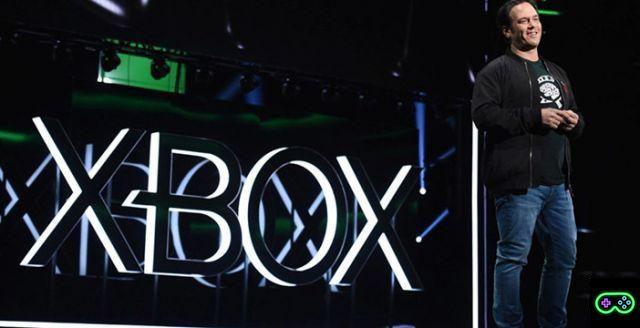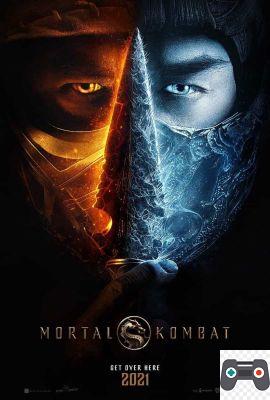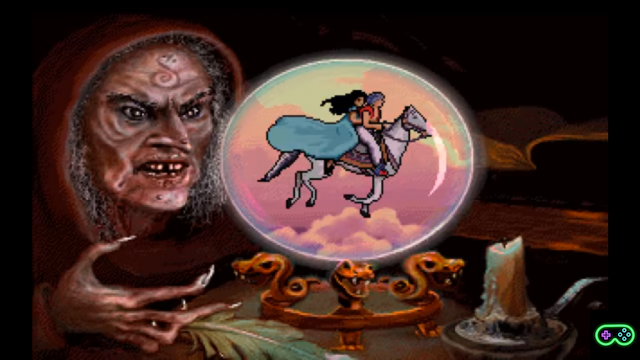Le space agencies around the world have long been preparing to bring man on Mars. Just in these days there has been a launch entrusted to the joint-venture between NASA and the private contractor SpaceX, yet another in a series that will test modules and equipment necessary to make astronauts land safely on Martian soil. We are in the era of the pioneers ofspace exploration, and day after day we discover more and more new things about the universe in general, but also about the our solar system.
Created with ESA support (European Space Agency), Mars Horizon is an indie video game developed by Auroch Digital and published by The Irregular Corporation which focuses its gameplay on this exploratory aspect just described.
The game sees space agencies competing to uncover as many secrets around the solar system as possible, with the aim of eventually bringing humans to Mars.
Another turn in orbit and then I stop
The title is a long one turn-based management game where the player is tasked with run a space agency (real or personalized) starting in 1957, at the dawn ofwas of space. From month to harvest it is necessary to plan economic investments, research and space missions, explorations that will allow the agency to gain more support and more funds, in order to get to probe all the celestial bodies of our solar system to bring the first man to scan the horizon of Mars on the red planet.
The main screen opens on a lateral astronomical map representing the reachable celestial bodies. Initially we will have missions available only for Planet Earth, but soon, with achievement of certain milestones, the perspective broadens gradually bringing us into contact with the Luna, with inner planets and with more distant celestial bodies.
The missions are divided into main and secondary, and their only differences lie in the fact that the main ones confer greater bonuses to the agencies that arrive first to their fulfillment, while the secondary ones can give significant boosts to some resources (including monetary ones), or upgrade. The missions are all roughly the same structure spread over several shifts: after having accepted one, the player immediately delegates it payload construction, that is the rocket load that will be necessary to carry out the various scientific surveys in space.
When the payload is ready, we move on to the rocket construction for other months. One must then be added to the newly assembled component upper stage it's a thruster, and possibly other variables that are unlocked during the game. Each piece that makes up the rocket gives different characteristics to the success of the mission, all perfectly explained by a detailed tutorial which can accompany the player in every game from the very beginning. The construction of the rockets is not as detailed as in other games such as Kerbal Space Program, but it is playful and full of parameters to keep an eye on without difficulty.
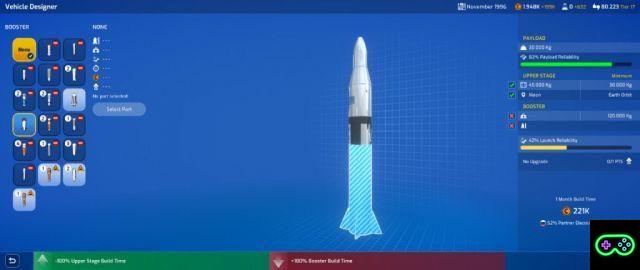
Finally after months of construction it is time to find one launch window for the rocket. Through a new screen, the player is asked to select thepossible crew, the focus of preparations for launch and month which can most benefit the mission according to forecasts. The day of the launch is basically a roll of the dice based on the percentages of probability of its success, and among them can also hide slight bonuses and malus for the next phases of the missions.
All stages of each mission are represented by gods turn-based puzzles evocative of the different maneuvers that humans or probes are called upon to perform to achieve their goals in reality. Even the phases are eventually spread over several months depending on the length of the missions. These puzzles are based on the logical management of resource icons within a variable shift limit. Strong is also present in these puzzles random component, which however is able to annoy the player only at high difficulty.
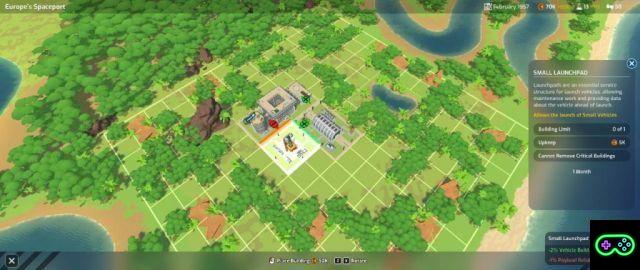
The puzzles related to missions andexpansion of its base terrestrial are great diversions from a game that would otherwise only be made up of planning and clicking on buttons. In particular, the new structures that we will unlock and build on the grid of our base are of vital importance for the mechanics and the bonuses they are able to confer, and above all for the synergy which can be created by placing some buildings side by side. In many moments it will be vital to place a building to get a mission before the other agencies, while limiting the surrounding space due to forests and rocks scattered around which will increase the construction costs of the next buildings.
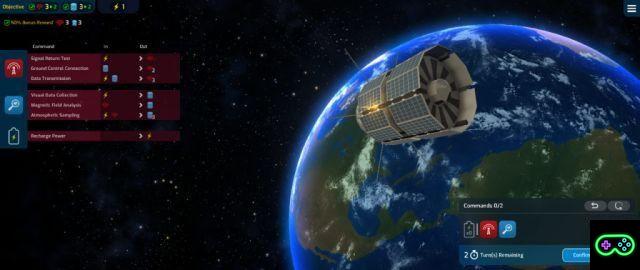
All of this falls into a big and stimulating vicious circle which will never stop the player from clicking on the next turn button to find out what will happen. The competition with other AI-controlled agencies is felt very strongly, but it is really a pity there is no multiplayer.
A continuous discovery
Between the construction of a probe and testing a capsule for human crew, it will be up to the player to decide whether rival other agencies space present in the game, or if benefit from cooperation. On balance, it is an emulation of the different situations that space exploration has faced from the very beginning in reality, from the Cold War with Russia also fought with space pioneering up to the construction of the International Space Station with the help of other agencies.
Mars Horizon therefore has in itself a 'historical soul that allows the player to "touch" pieces of technological and scientific discoveries related to the exploration of our solar system, seasoned here and there also by events that actually happened in pop-up format - for example, I personally happened to receive a bonus to support missions because a progressive rock band composed an album on the dark side of the moon, a surface that my agency was the first to explore.
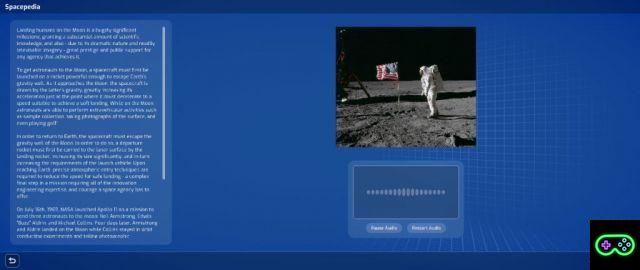
Speaking of historical accuracy, how not to mention the impressive Spacepedia, a huge encyclopedia that contains historical accounts of the missions, the explanation of the operation of boosters and rockets that the player unlocks, photos and even audio of the events of space history.
To this historical soul joins the science fiction simulation, or, rather, fantastic history since the only sci-fi elements are the final colonization missions of Mars, which currently exist only on paper in the real world.
Each game of Mars Horizon is different from the others because the game does not make the agencies retrace the stages with chronological accuracy, but simply simulates their behaviors, thus generating each time anachronistic game scenarios: in your first game, NASA may be the first to drop man on the moon, but in another game, it could be the Russians who brought the first man to the satellite!
To this must be added the gameplay of the player and his own Customization. For example, I created the space agency WelcomeGaming.com with the following characteristics:
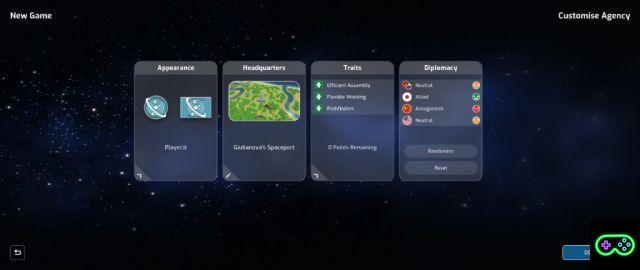
The discoveries of Mars Horizon are not just those of the game: over time the gameplay expands and the game allows you to unlock new mechanics, expand their bonuses and their exploratory horizons with new missions e new resources to keep an eye on in puzzles, in a constant game discovery mechanism during in-game discoveries.
I defects of Mars Horizon to be found, unfortunately, in the artistic sector: interfaces save all graphics game, always clear, colorful and immediate, while the minimal 3D models are cute only for what concerns planets seen from afar, rockets and probes; when it comes to watching a landing, or worse, a ditching, it would be better to get an eyesore.
Music and sounds are contextual but absolutely anonymous, you hardly notice their presence.
Houston, we have a good game
It is no coincidence that publisher The Irregular Corporation has taken into custody a game like Mars Horizon. The indie company specializes in management titles (PC Building Simulator, The Good Company, Going Medieval) and always demands from them completeness and depth.
Mars Horizon is in effect an excellent management title with solid mechanics, well structured and consistent with theinformative attempt space exploration: through the gameplay, the player can get an idea of the sacrifices and efforts required for the sake of discovery. And he does it while having fun.
Auroch Digital also produced a board game during the development of this title, called Mars Horizon: Blast Off!. In fact, the same videogame iteration, due to its turn-based structure, would easily adapt to a tabletop version. You can find the board game here, while the video game is available for purchase from 17th November su PC, Xbox, PlayStation 4 e Nintendo Switch.
Mars Horizon is a fun turn-based game that engages the player in a fierce competition to conquer and share space, putting him in the shoes of a space agency. The game tells the astronomical discoveries of our age through anachronistic matches, trying to get the player interested in space exploration through clear, immediate and stimulating gameplay. Foresight and constant planning are the keys to accessing the gates of Mars. Too bad only for the lacking artistic side and for the absence of multiplayer, two elements that would have made the game perfect.




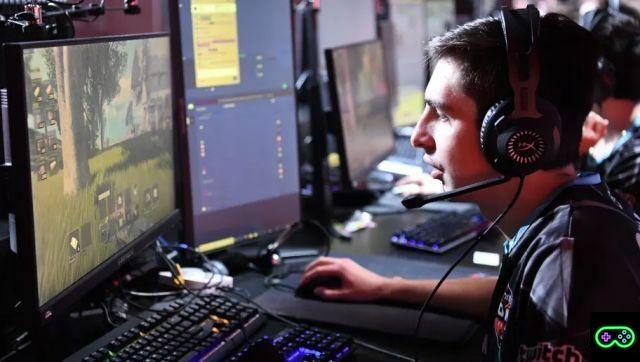
![[The Bear's Lair] God of War: Betrayal and Greek mythology](/images/posts/17432d3b12ecfec44b0b855d20c7520f-0.jpg)



